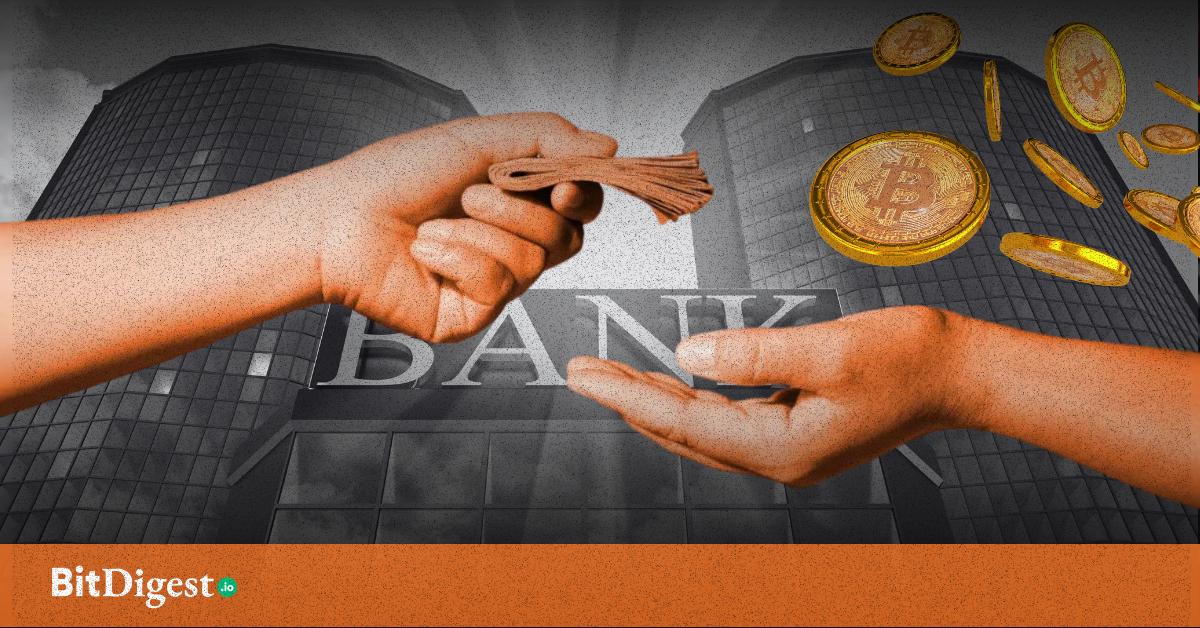A Guide to Crypto Wallet Security
Cryptocurrency brings a lot of exciting opportunities to our existing financial system by letting crypto users participate in decentralized finance using innovative tools and platforms. However, these opportunities come with risks, especially when it comes to wallet security. For instance, a recent security breach at the online trading platform DEXX, where private keys were stored on the platform’s servers, resulted in over $21 million in losses. For a platform claiming to be non-custodial, this was a serious lapse in security. Within the broader crypto ecosystem, the total amount of assets stolen by hackers in the month of November alone is estimated to be at $71 million.
Such incidents serve as a powerful reminder of why choosing secure wallets and trusted platforms is critical for safeguarding your digital assets. Let’s break down what makes a wallet secure and how to find the right one for your needs.
What Makes a Wallet Secure?
Selecting a cryptocurrency wallet involves more than simply picking which one is most convenient. Wallet security should always come first before anything else. Here are the essential attributes to look for when choosing a crypto wallet:
Security Scanners & Alerts
Modern wallets, such as Trust Wallet, incorporate advanced security scanners that analyze transactions in real time. These tools detect suspicious activity and warn users before any funds are transferred. They allow users to fully understand the risks involved, reducing the chances of falling victim to scams or unauthorized transactions.
For example, Trust Wallet’s Security Scanner has prevented over $450 million in transfers to malicious actors. Features like this give users the confidence to interact with decentralized applications (dApps) and conduct transactions safely.
Audits & Certifications
To be reliable, a crypto wallet needs to adhere to security standards. Reputable wallets regularly undergo independent audits by trusted security firms, which examine their architecture and protocols for vulnerabilities. Certifications like ISO standards further indicate a wallet's compliance with global security benchmarks.
When choosing a wallet, prioritize those with a strong community reputation, published audit results, and certifications. These factors demonstrate a commitment to user safety and significantly reduce the risk of breaches.
Secure Key Management
A well-designed wallet ensures private keys are generated, stored, and managed securely to minimize the risk of security breaches. Best practices for key management include:
- Non-Custodial Design: Private keys should always remain under the user’s control and never be stored on centralized servers. This ensures only you have access to your funds.
- Seed Phrase Encryption: Robust wallets encrypt seed phrases to protect against unauthorized access, even if your device is compromised.
- Backup & Recovery Options: A reliable wallet provides secure methods for backing up and recovering private keys or seed phrases, ensuring uninterrupted access to assets in case of device loss or failure.
- Multi-Layered Authentication: Features like two-factor authentication (2FA) or biometric verification add extra layers of security, making unauthorized access significantly harder.
User-Friendly Design with Built-In Security
Of course, a secure wallet doesn’t just protect your assets. It also ensures you can use it safely and easily. Features such as clear transaction summaries, intuitive navigation, and detailed guides for safeguarding private keys are particularly helpful for beginners. A balance between usability and security is vital for encouraging proper practices without overwhelming users.
Regular Software Updates
The security threats faced by the crypto space are constantly changing. A reliable wallet evolves with these changes by releasing regular software updates to patch vulnerabilities and introduce new features. Wallets that actively maintain their systems demonstrate a commitment to protecting their users and adapting to emerging security challenges.

Choosing the Right Wallet
The type of wallet you choose depends on your needs and risk tolerance. Here’s a breakdown of the main options:
Software Wallets
Accessible through mobile apps, desktop applications, or browser extensions, software wallets are ideal for frequent transactions. They offer convenience and compatibility with decentralized applications (dApps). However, they require additional safeguards, such as antivirus software, to protect against malware.
Hardware Wallets
Hardware wallets are physical devices that store private keys offline, offering unparalleled security. They are suitable for users holding large amounts of cryptocurrency for extended periods. Compared to software wallets, they are more secure, but are less convenient to use due to the need for physical access to the hardware device to complete a transaction.
Combining Wallets
Using both hardware and software wallets simultaneously can help you balance between security and accessibility. For instance, a hardware wallet can be linked to a software wallet like Trust Wallet to facilitate seamless transactions without compromising safety.
When evaluating wallets, prioritize security features, user experience, compatibility with your assets, and community support. It also helps if the wallet has the support of active communities and reliable customer service to help address issues quickly.
The Rise of Smart Contract Wallets
Smart contract wallets are revolutionizing the way users manage their cryptocurrency. They offer programmable features that enhance the wallet’s security and functionality. Unlike traditional wallets, which rely solely on key pairs to authorize transactions, smart contract wallets are built on customizable code. This lets them offer more advanced features tailored to meet the diverse needs of users in the Web3 ecosystem. Key features include:
Multi-Owner Accounts
One of the best features of smart contract wallets is their ability to set up multi-owner accounts. Multiple users can manage a single wallet, with transaction approvals requiring consensus based on predefined thresholds. For example, a wallet could be configured to require three out of five owners to approve any transfer. This setup is quite useful for organizations, treasuries, or joint accounts, where shared responsibility adds an extra layer of security.
Account Recovery
Smart contract wallets offer account recovery mechanisms to solve the challenge of losing wallet access. Pre-approved entities, such as trusted contacts or external recovery services, can be designated to help regain access to the wallet in case the primary key is lost.
Batch Transactions
In traditional wallets, complex operations like decentralized finance (DeFi) transactions or cross-chain bridging often require multiple individual steps, each incurring fees and taking time. Smart contract wallets streamline these processes by consolidating multiple actions into a single transaction. For instance, instead of approving a token swap, liquidity provision, and staking in separate steps, users can execute them all at once. This not only saves time but also reduces the risk of errors or incomplete operations.
Gas Payment in Tokens
One common inconvenience with traditional wallets is the need to hold a small amount of a blockchain’s native cryptocurrency to pay transaction fees. Smart contract wallets solve this by allowing users to pay gas fees with other tokens they hold. This eliminates the need to maintain a balance of native coins solely for transaction purposes.
However, although smart contract wallets offer significant advantages, they are not completely risk-free. Programmable code can be a weakness, and bugs or flaws in the smart contract code can be exploited by malicious actors. To mitigate these risks, it’s crucial to pick wallets with a good track record in security and robust auditing processes. Reputable wallets, such as Gnosis Safe and Trust Wallet Swift, undergo extensive security reviews by trusted firms like Halborn, Certik, and Quantstamp. Trust Wallet Swift, for example, offers additional features like passkey-based key management and gas payment support for over 250 tokens, all while maintaining top-tier security.
Whether you opt for a software, hardware, or smart contract wallet, understanding your needs and thoroughly evaluating your options is key to making informed decisions. Remember, the responsibility for securing your assets ultimately lies with you.
.svg)


.svg) SHARE TO FACEBOOK
SHARE TO FACEBOOK SHARE TO TWITTER/X
SHARE TO TWITTER/X SHARE TO LINKEDIN
SHARE TO LINKEDIN SEND TO MAIL
SEND TO MAIL





.svg)


.svg)